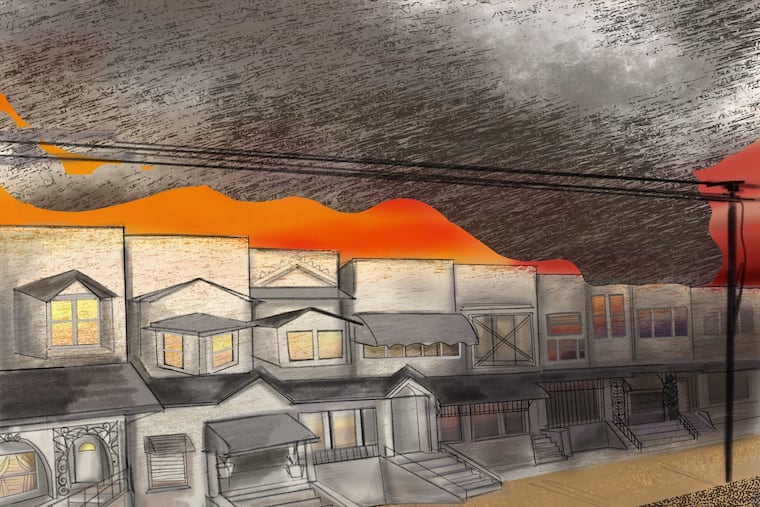Battle of 1978: Key Events and Impacts of the MOVE Tragedy Uncovered
The ongoing conflict between the radical organization MOVE and the Philadelphia Police has intensified since the late 1970s, bringing to light themes of civil rights, police brutality, and community struggles. This tension culminated in the notorious 1978 Powelton Village shootout, which resulted in numerous injuries and the death of Officer James Ramp.
As MOVE adopted increasingly confrontational tactics, their presence in West Philadelphia was marked by loudspeakers, communal living, and public accusations against law enforcement and city officials. Tensions escalated in the lead-up to the 1978 incident, particularly following the imprisonment of three MOVE members and a string of confrontations with law enforcement.
Amid growing tensions, Philadelphia Mayor Frank Rizzo ordered aggressive police action against MOVE, a move that stirred significant public outcry. By March 1, 1978, Rizzo had initiated a controversial blockade around the MOVE headquarters, effectively cutting off food and resources to its members. Prominent figures, including civil rights leaders such as Jesse Jackson, attempted to mediate and negotiate a resolution but were faced with a complex and volatile situation.
As the deadline approached for MOVE to vacate their Powelton Village residence, the group remained resolute in their defiance against the authorities. On August 8, 1978, after MOVE failed to comply with evacuation orders, police launched a tactical operation to evict them. What began as an effort to enforce compliance quickly devolved into a violent confrontation. In the chaos, gunfire erupted, resulting in the injury of 18 individuals, including both MOVE members and police. Officer James Ramp lost his life during this exchange.
Following the incident, a significant narrative emerged surrounding the trial of MOVE members. Nine individuals, collectively known as the MOVE Nine, were charged in connection with Officer Ramp’s death. Their trial was marked by contentious debates regarding race, justice, and the broader implications of confronting systemic authority. Ultimately, the convictions of the MOVE Nine raised questions about fairness in the legal process, particularly considering the group’s portrayal as violent radicals.
In the aftermath of the confrontation, Philadelphia authorities faced backlash over their handling of the situation. The case has since sparked debates on police practices, community relations, and civil rights, with MOVE’s legacy continuing to resonate in contemporary discussions about justice and accountability. As the community reflects on these historical events through podcast series and documentaries, the consequences of the MOVE crisis remain an important chapter in Philadelphia’s narrative and a reminder of the complexities surrounding social justice movements.
For more information regarding this event and its lasting impact, listeners can subscribe to “MOVE: Untangling the Tragedy” on various podcast platforms, where these critical discussions are explored in depth.
This narrative serves to inform the public about significant moments in Philadelphia’s history, contributing to a broader understanding of ongoing dialogues around civil rights and community dynamics.
Media News Source.






